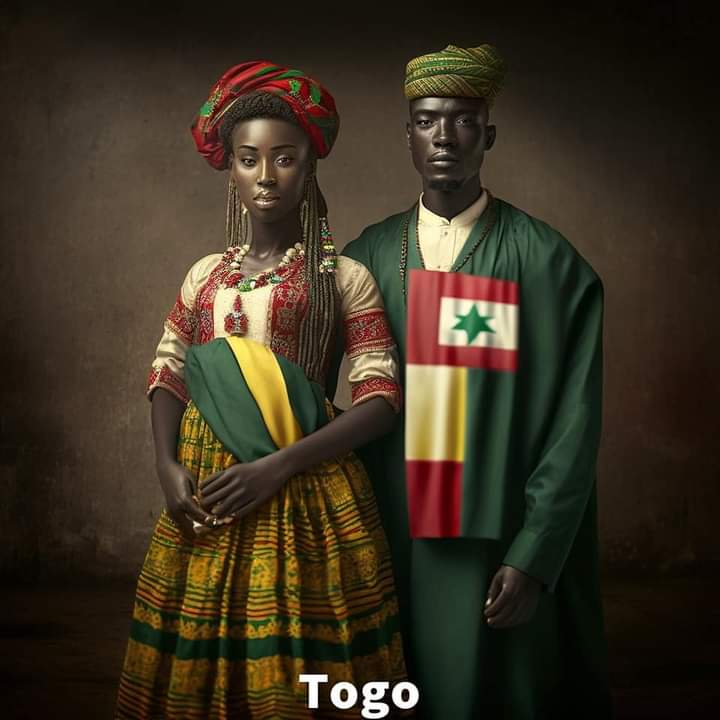About Togo
The Togolese Republic, also known as Togo, sits in West Africa. It extends south to the Gulf of Guinea, and is bordered on the north by Burkina Faso, Benin to the east, and Ghana on the west. Togo, with a population of over 8.19 million people, is 57,000 square kilometers (22,000 sq mi) in area. Togo’s capital is Lomé, located in the Gulf of Guinea. Togo is a sub-Saharan nation, with a good growing climate that supports its dependence on agriculture.
While many languages are spoken in Togo, mainly those of the Gbe family, French is its official language. People with indigenous beliefs make up the largest religious group, but Christians and Muslims also make up a significant minority. A United Nations member, Togo is also a member of the South Atlantic Peace and Cooperation Zone, La Francophonie and Economic Community of West African States, Organisation of the Islamic Conference, and the African Union.
Togo was initially populated by various tribes and later became a center for slave trade known as “The Slave Coast” in the 16th century. It was later a German colony until World War I when it was divided by England and France. In 1914 Togoland, became Togo. British Togoland eventually became part of Ghana and French Togoland, Togo, gained independence in 1960. After a coup in 1967 Gnassingbé Eyadéma served as president for 38 years and became the longest-serving leader in African history. After his death his son Faure Gnassingbé became president.

